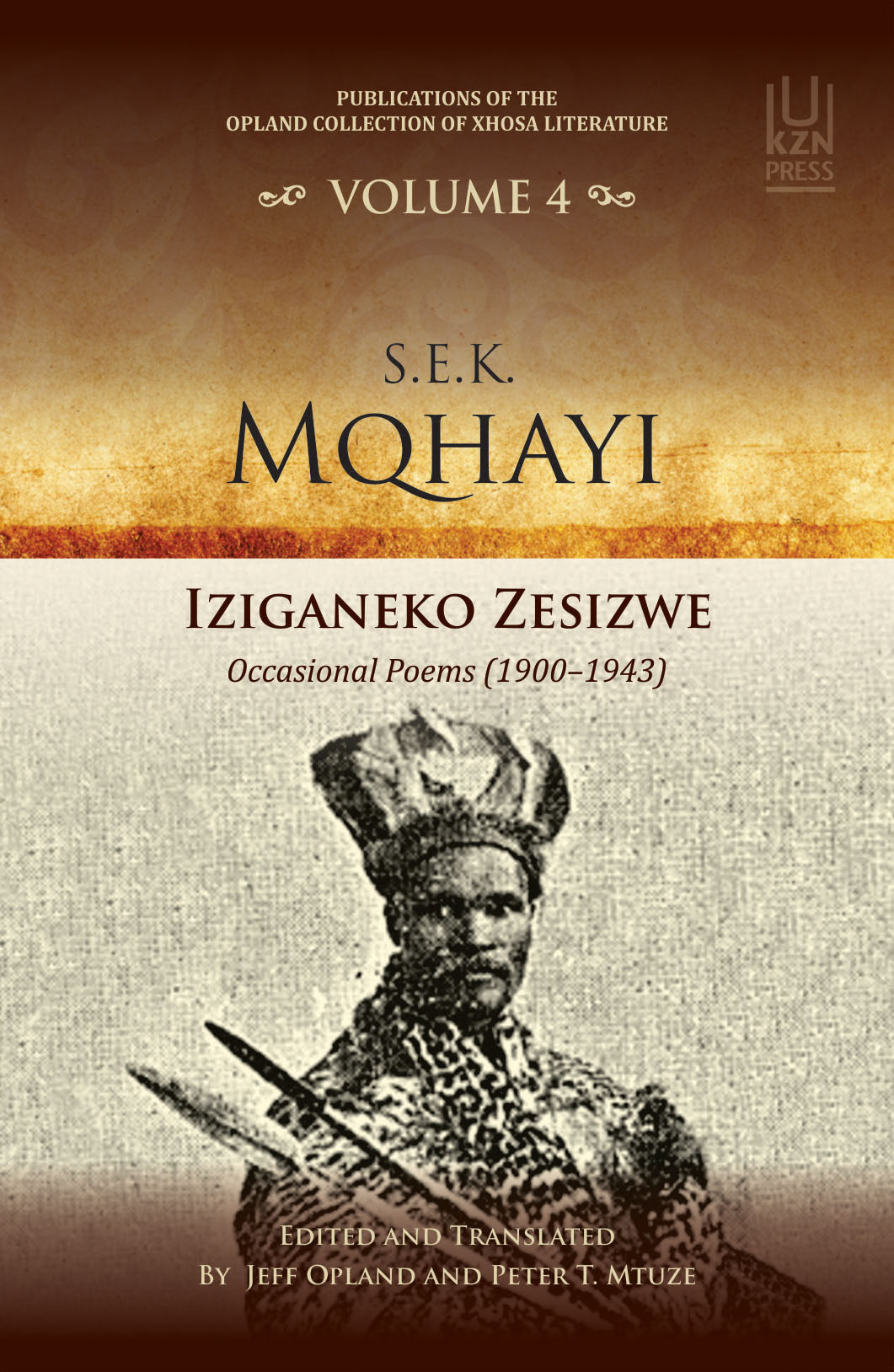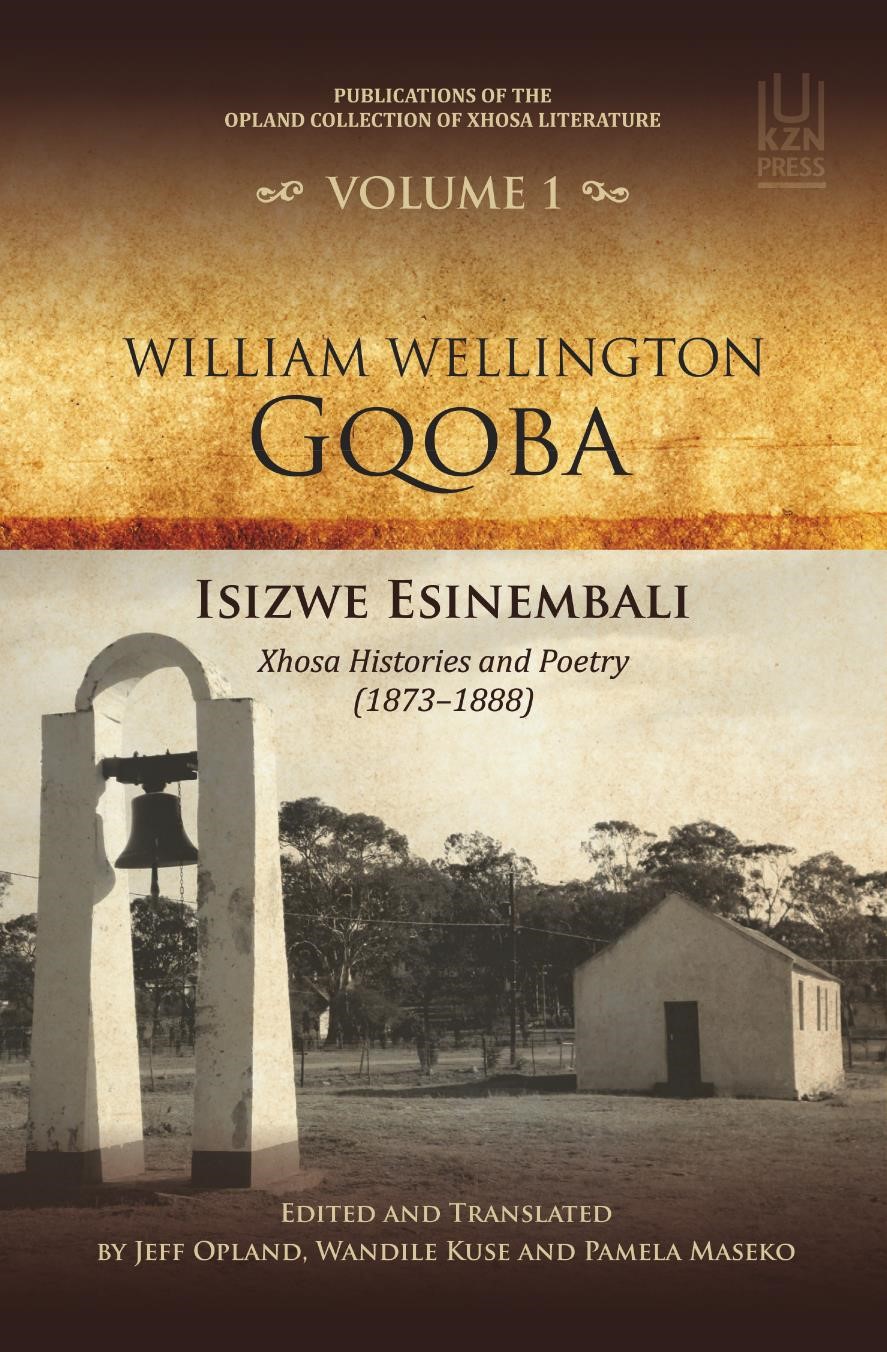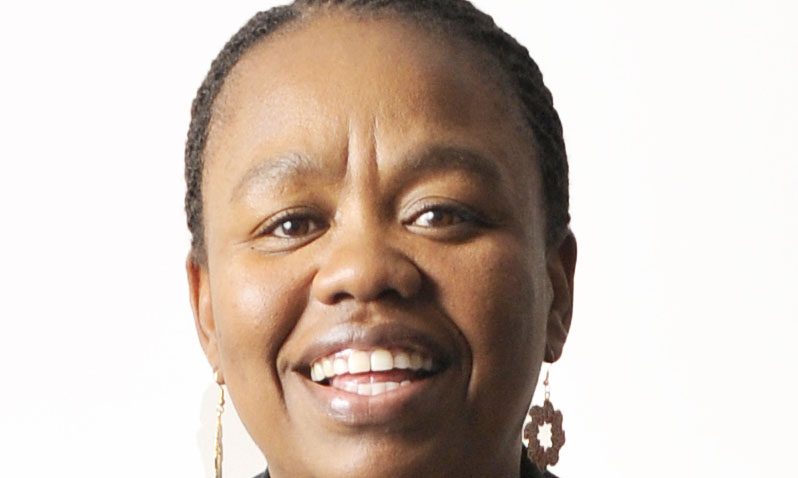When talking about coloniality and the role of educational institutions in including African knowledge in the curriculum, there is a tendency to link these to contestations about teaching and learning in the 1980s, or to the #FeesMustFall or #RhodesMustFall student protests, or to philosophers like Walter Mignolo or Frantz Fanon.
These are important, but what many people don’t realise is that the contestations date back to the 1800s in the Eastern Cape, as illustrated in the philosophical writings of black South African intellectuals such as William Wellington Gqoba, Reverend Jonas A Ntsiko, Nontsizi Mgwetho and Samuel Edward Krune Mqhayi.
With the advent of missionary education and the introduction of literacy in 1823, these and other black women and men in the Eastern Cape started to articulate, in writing, their discomfort with an education that uprooted their knowledge and values and replaced them with Western concepts of knowing.
 Samuel Edward Krune Mqhayi's writings in isiXhosa, for example, are indisputably a form of political and cultural resistance.
Samuel Edward Krune Mqhayi's writings in isiXhosa, for example, are indisputably a form of political and cultural resistance.
Their writings are mostly in isiXhosa, and mostly in newspapers, which they adopted as platforms to contest missionary censorship of indigenous thought systems, and linguistic and cultural knowledge. IsiXhosa was one of the first local languages to be systematically written down, a century before Afrikaans.
Mqhayi’s writings in isiXhosa, for example, are indisputably a form of political and cultural resistance. One of his books, Ityala Lamawele (The Lawsuit of the Twins), written in 1914, illustrates the strength and depth of the traditional, precolonial isiXhosa justice system, language and culture, which Mqhayi thought was at risk from intrusion of Western knowledge systems.
In the preface he says (translated from the isiXhosa original):
“When white societies came into our country they discovered that almost all people in this land are experts in law, and that their cultural practices are based on certain standards, and consequently they took a lot from these and from isiXhosa law.
“In this short story I am trying to show the efforts, trouble and time that the amaXhosa take when following legal protocols, because effort is made that the standard is set according to precedent. I am also trying to show that the Chief does not have the sole and ultimate decision of matters related to his polity, contrary to what other countries assume about us.
“The language and the cultural practices of amaXhosa are gradually disappearing because of the Word and the “light”, brought by nations from the West…
“It is the responsibility of the Xhosa youth to consider with extreme care [the question of] when these and the language disappear, and the dignified cultural practices cease to exist, what else will follow?”
 The discomfort with an education that uprooted local knowledge and values and replaced them with Western concepts of knowing, was articulated as far back as the 1800s by black South African intellectuals such as William Wellington Gqoba.
The discomfort with an education that uprooted local knowledge and values and replaced them with Western concepts of knowing, was articulated as far back as the 1800s by black South African intellectuals such as William Wellington Gqoba.
The archival records of the writings of black African intellectuals are key sources of history and heritage and are important in presenting an African perspective to African historiography. In our Faculty of Humanities, we are focusing on reclaiming these intellectual histories of the Eastern Cape and arguing for their inclusion in the academic canon (body of highly valued literature, music, philosophy and works of art).
Together with Professor Jeff Opland, I am currently co-editing a literature series that republishes works of black South African writers and intellectuals from the 1800s. These include books and works from early newspapers that were historically stored in national libraries to which black South Africans had no access, as even libraries were segregated at the height of apartheid. Opland had the privilege of accessing them and collected as much as possible in his personal library.
One of the writers featured is imbongikazi Nontsizi Mgwetho whose poetry in the late 1890s and into the 1920s illustrates political activism, especially around the political rights of black people. She emerged as Mqhayi’s counterpart. Mqhayi is known as the poet (imbongi) of the nation, while she is imbongikazi, the great (female) poet of the nation.
Nelson Mandela University aims to position our institution as a site for archiving the literary legacy of the Eastern Cape, including those of living intellectual elders and oonozala (source of life) such as Eastern Cape intellectual Dr Brigalia Bam. Now in her eighties, she has spent more than six decades in women’s emancipation struggles – intellectual and on the ground – and she personifies the motto Inyathi Ibuzwa Kwabaphambili (Wisdom is learnt from the elders).
An important part of the archive will be to include the knowledge and historical writings of women. As we know, the voices of women have been marginalised in our history and their work has not been recognised and archived, compared with that of their male counterparts.
 A volume in the literature series produced by professors Pamela Maseko and Jeff Opland.
A volume in the literature series produced by professors Pamela Maseko and Jeff Opland.
It won’t be a traditional archive where the focus is on the storage. We want it to be highly interactive, where academic and other communities can enjoy intellectual interaction with the physical and archive. It will be linguistically diverse and feature all of South Africa’s languages. The original works will have to be well protected against fire and water damage, given the fragility of the materials, as we saw with the fire that consumed the African Studies archive at the University of Cape Town.
The archive will be part of the process of revaluing indigenous knowledge and at the same time revaluing the humanities and social sciences and placing them back at the centre of the academy.
It’s the focal point of how we train our students as people who need to understand the origins of knowledge as power, to value themselves, their heritage and the importance of diversity. This is how we nurture graduates who respond in a humane manner to each other and to societal problems and challenges. DM
Professor Pamela Maseko is Executive Dean of the Faculty of Humanities at Nelson Mandela University. Her PhD and Master’s in sociolinguistics and language policy and planning respectively include sociohistorical linguistics where she uses isiXhosa historical literary data produced over 150 years to investigate sociocultural practices of the Eastern Cape Xhosa people in pre-colonial society.




 Historical Poems
Historical Poems